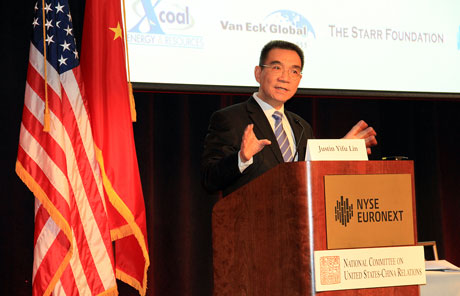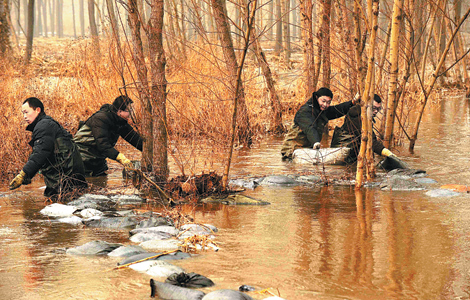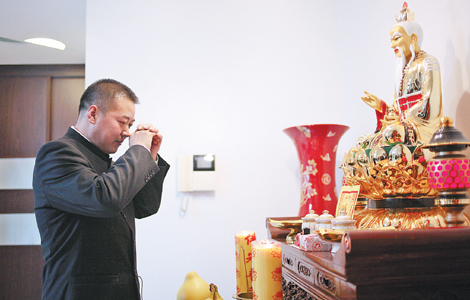Chavez not in a coma: brother
Updated: 2013-01-14 08:59
(China Daily/Agencies)
|
||||||||
The case is being prepared by a group of lawyers for the opposition coalition, said Gerardo Blyde, a lawyer and opposition politician. He told reporters on Saturday that it's not yet clear when the case will be brought before the Inter-American Court of Human Rights in Costa Rica.
The opposition's announcement came three days after the Supreme Court's decision.
The opposition also called for a medical team to be formed to determine whether Chavez is fit to remain in office.
In Cuba on Saturday, President Raul Castro voiced support for the Venezuelan leadership, his government's closest and most important economic and political ally.
Castro was speaking during a meeting with Maduro, who arrived in the Cuban capital late on Friday to visit Chavez.
Raul Castro "expressed his confidence in the ability of the Venezuelan people and their institutions to address and overcome any challenge", a Cuban government statement said.
"Raul and Maduro shared satisfaction with the emotional demonstration of support for Venezuela and President Chavez on Thursday in Caracas," it added, a reference to a mass rally on the Venezuelan capital.
At a Mass for Chavez in Havana late on Saturday, the Reverend Yosvany Carvajal asked God to bless him, stay by his side and ensure a swift recovery. The worshipers included Venezuelan Ambassador Edgardo Ramirez and Alex Castro, son and personal photographer of Fidel Castro.
Two Chavez allies, Argentine President Cristina Kirchner and Peruvian President Ollanta Humala, also arrived in Havana on Friday.
"We all hope for a quick recovery," Humala said.
Kirchner declined to comment on Chavez's health on Saturday, saying it should be left to his family.
Chavez's illness was first detected in June 2011. But the charismatic leader, who has been in power for 14 years, has refused to relinquish the powers of the presidency, even when leaving for Cuba for his latest surgery.
Venezuela's constitution says new elections must be held within 30 days if the president-elect or president dies or is permanently incapacitated before he takes office or in the first four years of his six-year term.
AFP-AP











